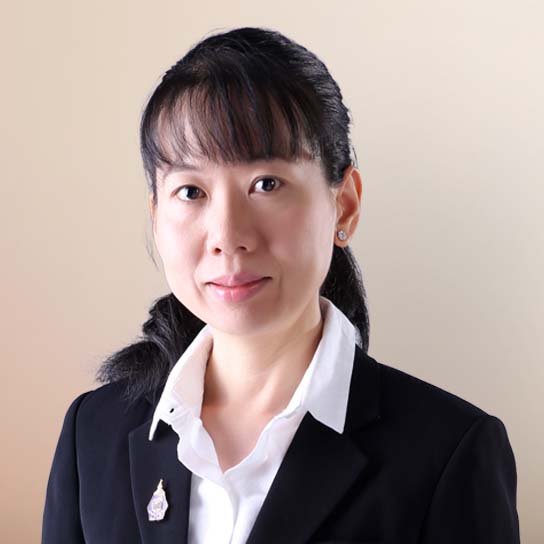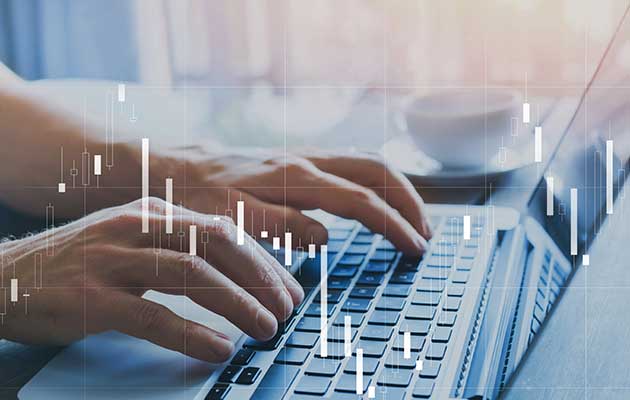-
Articles
Tax Measures to Support the Relocation of Foreign Investors' Production Bases
The Thai government recognises the importance of strengthening the supply chain in order to improve production efficiency through automation, and has thus launched policies aimed at developing human capabilities by promoting the employment of highly skilled employees and enhancing their skills. These policies aim to increase Thailand’s competitiveness to accommodate the relocation of foreign investors' production bases. In such regard, the Thai government has implemented measures to extend the tax exemption period for income spent on investment expenses, which was originally set to expire in 2020. The extension, effective until 31 December 2025, applies to investments in machinery and computer programs, as outlined in Royal Decree No. 776 B.E. 2566 (2023), amending the previous Royal Decree No. 738 B.E. 2564 (2021). This measure will provide the following tax benefits:
Exemption from income tax for companies or juristic partnerships by deducting expenses at a rate of twice the amount of expenses paid from 1 January 2021 to 31 December 2025 on investments in machinery and computer programs that are connected to machinery related to automated system investment projects,. However, this does not include repair and maintenance in order to retain the original condition of the machines and computer programs. Those seeking to exercise their rights must prepare an investment project and payment plan, and submit such to the Director-General of the Revenue Department in accordance with the rules, procedures, conditions and timeframes specified by the notification of the Director-General of the Revenue Department. The machines and computer programs must have the following characteristics:
- Must be machinery and computer programs under an automated system investment project that has been certified by the agencies announced by the Director-General.
- Must be new machinery and computer programs.
- Must be machinery and computer programs that can be used to deduct wear and tear, and depreciation of assets. They must have been obtained and in a condition ready for use by 31 December 2025.
- Must be located within the Kingdom of Thailand.
- Must not be machinery and computer programs that benefit from tax privileges under other Royal Decrees.
- Must not be machinery and computer programs used in businesses exempted from taxes according to the Investment Promotion Act B.E. 2560 (2017), amending the previous Investment Promotion Act B.E. 2469 (1926) (“BOI laws”) or the National Competitiveness Enhancement for Targeted Industries Act B.E. 2560 (2017) (“Enhancement Act”), such as benefits in exemption of import duties for machinery imported from abroad or according to the Eastern Special Economic Development Zone Act B.E. 2561 (2018) (“EEC Act”), whether in whole or in part.
As the development of the labour skills of personnel is equally important, therefore Royal Decree No. 778 B.E. 2566 (2023), amending the previous Royal Decree No. 740 B.E. 2564 (2021), was issued; with the aim to extend the duration of tax measures to promote the development of highly skilled personnel by allowing companies or juristic partnerships to deduct expenses related to the training or education of employees, including the training of employees in courses that are certified by government agencies or specified State authorities. The deduction rate is up to 2.5 times of the expenses paid between 1 January 2023 to 31 December 2025.
However, companies or juristic partnerships that have exercised their rights to be exempt from income tax as specified in the aforementioned Royal Decree must not use these expenses to benefit from tax privileges under other Royal Decrees issued under the Thai Revenue Code, whether in whole or in part. In addition, such expenses must not be used in businesses that have been exempted from Corporate Income Tax (“CIT”) for juristic persons under the BOI laws, the Enhancement Act - which provides an exemption from CIT for up to 15 years, or under the EEC Act, whether in whole or in part.
In addition to granting tax benefits to encourage the use of machinery and computer programs by providing deductions for expenses on employee skill development, which is fundamental in fostering Thailand's industrial growth as aforementioned, the Thai government also recognises the importance of enhancing the capability of Thailand’s labour force and the necessity of hiring highly skilled workers. Thus, the Thai government issued Royal Decree (No. 739) B.E. 2564 (2021), amending the previous Royal Decree (No. 777) B.E. 2566, effective as of 16 August B.E. 2566 (2023), as a tax measure to promote the employment of highly skilled personnel. This Royal Decree grants income tax exemptions to companies or juristic partnerships operating in targeted industries, in accordance with the law on increasing Thailand’s competitiveness for the target industries. It allows for a deduction of up to 1.5 times the total expenses paid as salaries (not exceeding Baht 100,000 per month) for hiring employees that are highly skilled in science, technology, engineering or mathematics, according to employment contracts paid between 1 January 2023 to 31 December 2025, in accordance with the rules, procedures and conditions specified by the Director-General. Each of the said employees must have the following characteristics:
- Certified as a person highly skilled in science, technology, engineering or mathematics, and who works in the specified job position specified by the notification of the Director-General.
- Commenced work under a labour contract entered into between 1 January B.E. 2566 (2023) to 31 December B.E. 2568 (2025).
- Must not be an employee of a company or juristic partnership that intends to exercise the tax exemption rights under this Royal Decree, during the year before the date of commencing work under the labour contract, for tax exemption from the above taxes.
The aforementioned tax measures aim to promote investments in technology for machinery and computer programs, as well as to simultaneously develop skilled personnel within Thailand's industrial sector. They focus on personnel development through training in order to enhance skills in science, technology, engineering or mathematics, as well as on the hiring of skilled individuals to facilitate knowledge transfer within organisations, thereby raising Thailand's industrial development and sustained competitiveness.
This is intended merely to provide a regulatory overview and not to be comprehensive, nor to provide legal advice. Should you have any questions on this or on other areas of taxation law, please do not hesitate to contact our tax team, as follows:
Budhima Kerdsiri (Counsel)
Areeya Ananworaraks (Counsel)
Hatairat Sukprasert (Associate)
Pairaya Yangpaksi (Associate)







Budhima provides advice on tax compliance and a wide variety of tax-related work. In particular, she has extensive experience with accounting transactions and tax planning. Further, she has handled tax counseling and tax controversies and has substantial experience representing and advising individuals and major corporations in tax disputes, including filing appeal letters for tax assessments, which were assessed by the Revenue Department, the Customs Department, the Excise Department, and local tax collection agencies such as those dealing with land and building tax. In addition, she has more than 10 years of experience as a public speaker and columnist for tax magazines, focusing on tax planning and tax compliance for individuals and companies seeking to maximize their tax privileges under Board of Investment (BOI) promotion and accounting adjustments to comply with Thai tax laws.
Budhima was a columnist for the Tax Documentation Journal, the No. 1 public journal related to accounting and taxation published by Dharmniti Press Co., Ltd., and she is also the author of “Differences and similarities between accounting profit and taxable profit,” a book that has been published twice.